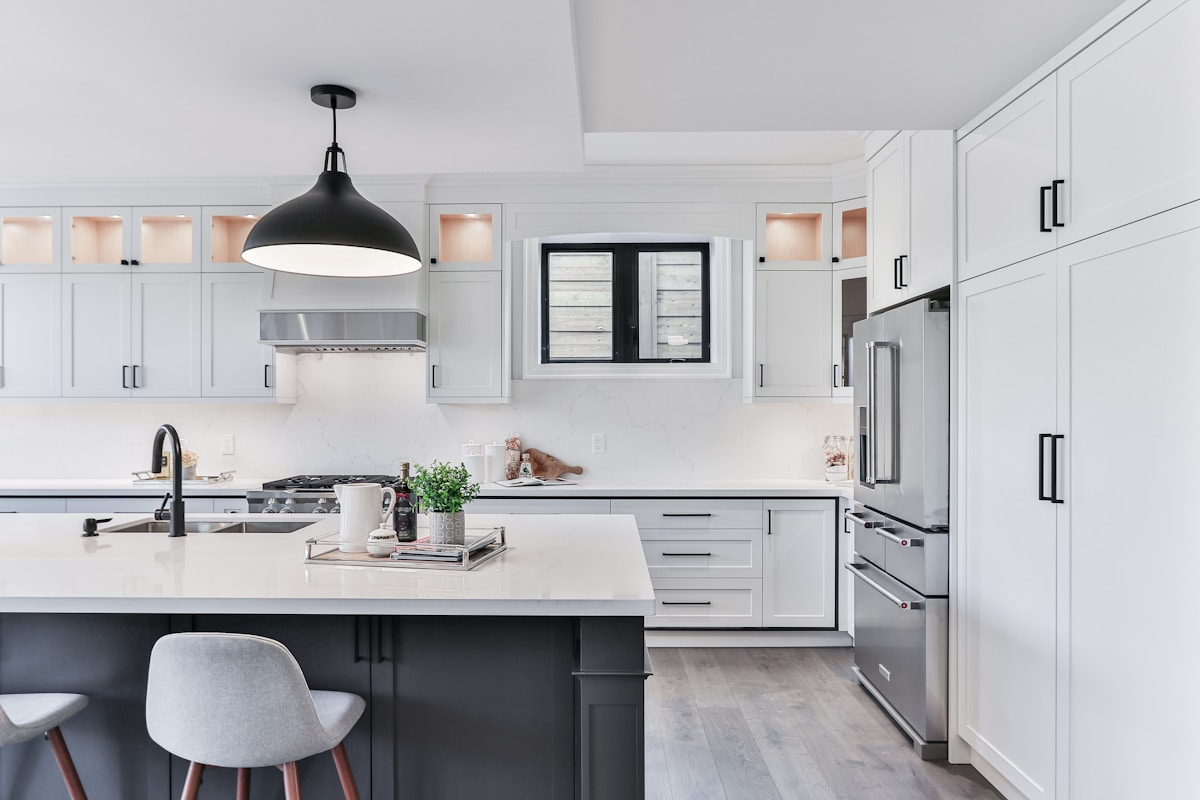Extremely high demand, fueled by a shift in housing needs and historically low interest rates, has put many markets across the country, including Lafayette's luxury market, into overdrive.
Further strengthening the seller position is lack of inventory -- both in new development and resales. Listing a home for sale in the current climate is a near guarantee you'll receive at least a handful of offers for the property.
That listing, though, is more than just sticking a “For Sale” sign out front and hoping for the best. Even in a market where sellers control the narrative, there are steps to take and mistakes to avoid to maximize your home's value. In addition to a bit of time and money, you'll want to steer clear of any missteps that hurt the value of your home and set back your home selling plans. With that in mind, let's explore five common mistakes to avoid as a seller.
Failing to Prep the Home to Sell
It can be easy to want to "list it and leave it" with your home sale, especially in a seller's market where even the least desirable homes are going for thousands above asking. However, context matters in these situations.
While headlines can say one thing, buyers at the luxury level remain extremely cautious with their money. If they are hoping to outbid other offers or toss large sums of cash on the table to land a deal, they expect something spectacular in return. Translation: if you want your home to sell at or above asking, you need to put time, effort, and money into prepping it.
There's no doubt that cleaning, decluttering, and depersonalizing your home is the most tedious aspect of selling it, but it's also the most critical aspect to your home generating multiple high-dollar offers. The goal is to make your home feel less lived in; you want buyers to envision a home where they can see their future and not your past. When decluttering and depersonalizing, less is more. The idea is to make the home a welcoming blank slate, where a buyer sees their furniture and personal effects taking center stage.
Your home should also be cleaned from top to bottom - floors, walls, ceilings, ceiling fans, the lingering smell from the utility room trash, the unsightly stains underneath a bathroom sink. Additionally, complete minor repairs and freshen up areas that show considerable wear and tear. A fresh coat of bright, neutral, inviting paint goes a long way to livening up a space.
Finally, you won't want to neglect your curb appeal. Invest in minor landscaping improvements such as potted plants on a front porch or back deck and new mulch in planter areas around the home. Your overall investment in prepping your home doesn't need to be outlandish, but it should be enough to make a positive impression on buyers. If you work with us, we can cover these upfront home improvement costs through Compass Concierge, so you spend nothing out of pocket to get your home ready for the market. Get in touch today to learn more.
Incorrectly Pricing the Home
For many home sellers, selling a home is a highly charged, emotional experience. You want to move on to the next chapter of your life, but it proves difficult in a home where you spent many years and made many memories.
Even imperfect homes, which a seller might not be particularly fond of, can carry an unexpected pull of nostalgia. To accommodate the emotional void, sellers compensate by pricing a home for what they think it's worth. The reality is that pricing a home above its market value may result in you leaving a lot of money on the table - even in a market that favors sellers.
Your best approach is to work with a trusted listing agent to zero in on a number in line with market values that generate the most interest. You'll need to account for comparables in your primary market, including past sales and any current listings.
Don't be surprised or discouraged if your realtor recommends a price at or even just below market value. That lower price will generate a lot of interest in a competitive market. It will even do more to drive up the number through competing offers than a list price that starts too high.
Dismissing the Importance of Staging
While it's easy to think your home shows well, the reality is that another set of eyes will spot the imperfections you cannot see or choose to ignore. It's in this scenario where staging proves its worth.
For many years, sellers dismissed it as a byproduct of an industry hooked on the perfection of home improvement shows. It is, however, what buyers want to see. In the luxury housing segment, it's practically a necessity. This isn't necessarily a bad thing for sellers, as staging goes well beyond simple aesthetics.
Well-staged homes highlight a property's best attributes while simultaneously hiding its flaws. Staging also shows off a home's flexibility; it can transform a den into an office or playroom or help take an extra bedroom and turn it into an exercise space.
Staging can even take hard to define spaces, such as those in older homes with smaller footprints, and give them enough charm to appeal to a broad audience. Similar to prepping a home, staging is a crucial factor in helping buyers see the home as their own versus it belonging to somebody else.
Disregarding the Online Listing
You may not secure your home's sale from its online listing, but you can certainly lose it. The recent pandemic solidified the importance of a home's digital footprint, and some portion of nearly every home search was conducted online in the last year. Otherwise known as a home's digital curb appeal, your online listing serves to either build interest in your home or indicate that a buyer should move onto the next listing.
If you want buyers to notice your property, invest in professional, high-resolution images, including a virtual tour of the entire home. You also want the listing to feature clear, descriptive copy (free from errors or typos) that paints an accurate picture of the house and its amenities.
Further, don't simply rely on MLS or online listing services such as Zillow or Realtor.com to market your home for you. A savvy listing agent will offer avenues on their site to list your home or recommend your home having its own landing page or website.
Just as you do physically, prep your home digitally to make sure it stands out for your online audience of potential buyers.
Attempting to Go It Alone
Finally, while a seller's market might make it tempting to want to sell a home on your own, the process is far more daunting than many realize. From the execution of your home prep, including the scheduling of contractors, landscapers, and stagers, to developing your marketing, including engaging with a photographer or local publisher to coordinating home tours and inspections and reviewing offers, a lot is going on behind the “For Sale” sign.
Whatever money you believe you might save in realtor fees is lost several times over in time, effort, and ultimately the final sales price. An experienced listing agent brings years of knowledge and a bevy of past transactions to the table to help navigate your specific sale. They also employ a team of professionals that assist with the sale. They help with the inspections, the appraisals, the repairs, the marketing, and the tours.
Most importantly, a top real estate professional is your advocate throughout the sales process. Their job is to ensure you get the most out of your current home sale so you can confidently move forward in the next stage of your life. To ensure you partner with the best possible agent, seek out and interview those who serve your home's specific market. Look for agents with extensive experience selling your type of home who possess a long list of satisfied clients.
Are you ready to explore the best of Lamorinda real estate? Contact Mandy Kilpatrick to start your home buying or selling journey. From Lafayette real estate to Moraga or Orinda homes for sale, allow Mandy and her team's years of experience and expertise to be your guide to the East Bay luxury real estate market.



